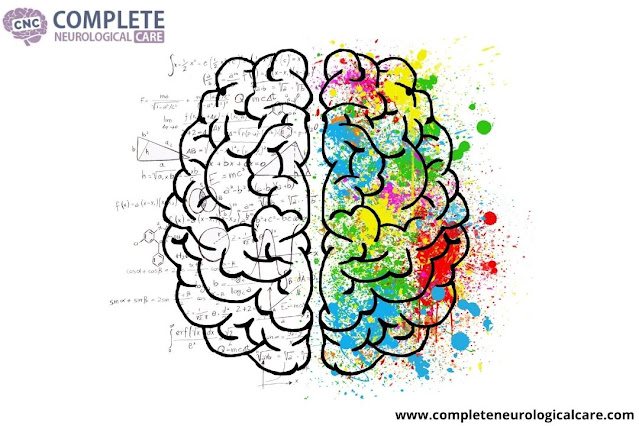What Medication and Treatment Should You Take After a TIA? - Complete Neurological Care
TIA or Transient Ischemic Attack is known to be Mini Stroke, too, as it happens when the part of the brain experiences a temporary lack of blood flow. It leads to stroke-like symptoms that will resolve within 24 hours. It's seen that the mini-stroke does not cause any permanent disability as compared to the stroke condition. But, as the symptoms of both forms of strokes are similar, so you need to seek a medical emergency immediately. Early treatment will save the people from the onset of stroke. The TIA can sometimes be challenging to identify, so below are some of its symptoms:
- Change in vision
- Language disorder
- Balancing issue
- Tingling sensation
- Passing out and dizziness issues
- Severe headache
- Weakness and numbness
- Abnormal sense of smell and taste
So, if the patient has suffered the Transient Ischemic Attack, then an early diagnosis with follow-up treatment and medication is necessary.
Medication and Treatment for TIA
The medications that are given after TIA includes:
Antiplatelets medicine includes aspirin, Aggrenox, and clopidogrel or Plavix
Anticoagulants for short-term use are heparin, and for long-term use are Apixaban, Edoxaban, Dabigatran, Warfarin, and Rivaroxaban.
Other treatment alternatives against the medications include the following:
The patient needs to go through the 'Minimally invasive carotid intervention' where the surgical procedure involves assessing the carotid arteries with a 'catheter.' Here, the doctors use this treatment to open up the clogged arteries. A small stent or a small wire tube is put inside the artery to improve the brain's blood flow.
In case you are not the right candidate for the 'carotid angioplasty' and the 'stenting' procedure, your doctor will recommend a proper surgery called 'carotid endarterectomy.' In this surgical technique, the doctor will clear the plaques and fatty deposits in the carotid arteries. It can further decrease the risk of mini-stroke or stroke.
A few lifestyle changes and the medications will also help you avert the chances of a mini-stroke. These are losing weight, reducing stress levels, reducing the intake of sugar-based or fried food, exercising, improvement in control of other medications taken for high cholesterol, diabetes, and high blood pressure.
If you see any of the above symptoms in a person, then rush them to the nearest neurological center. You can get the professional TIA Treatment NYC and with that Tremor Treatment NYC from Complete Neurological Care.





Knee injury can become worse if not treated at the right time. Bindu Sharma provides assured
ReplyDeleteKnee Injury treatment in queens county At Sharmarehab you will get an advanced team of doctors giving Knee Injury treatment in queens county for years. Time to say no to Knee Pain and get Knee Replacement Surgery services in queens county
Email:- info@sharmarehab.com
Phone Number:- 718-878-0008
Address:- 1. 87-27 Myrtle Avenue Glendale, NY 11385
2.486 McDonald Avenue, Brooklyn NY 11218
By harnessing the body's innate healing capabilities, this innovative approach aims to restore damaged tissues and alleviate discomfort. Stem cell therapies and platelet-rich plasma injections are leading the charge, stimulating tissue regeneration and reducing inflammation. These regenerative techniques not only provide relief but also address the root causes of joint pain, potentially offering longer-lasting results compared to traditional treatments. As research advances, regenerative medicine for joint pain holds the potential to revolutionize management, offering renewed hope for those seeking effective and sustainable relief from their discomfort.
ReplyDeletePRP injections deliver concentrated growth factors to the affected joint, stimulating tissue repair and reducing inflammation. Meanwhile, stem cell therapy utilizes the body's own regenerative cells to promote tissue regeneration and rejuvenation. As a minimally invasive and safe treatment option, Regenerative Medicine brings new hope to individuals seeking long-lasting relief Regenerative Medicine for joint pain improving their quality of life significantly. Visit our website today!
ReplyDelete